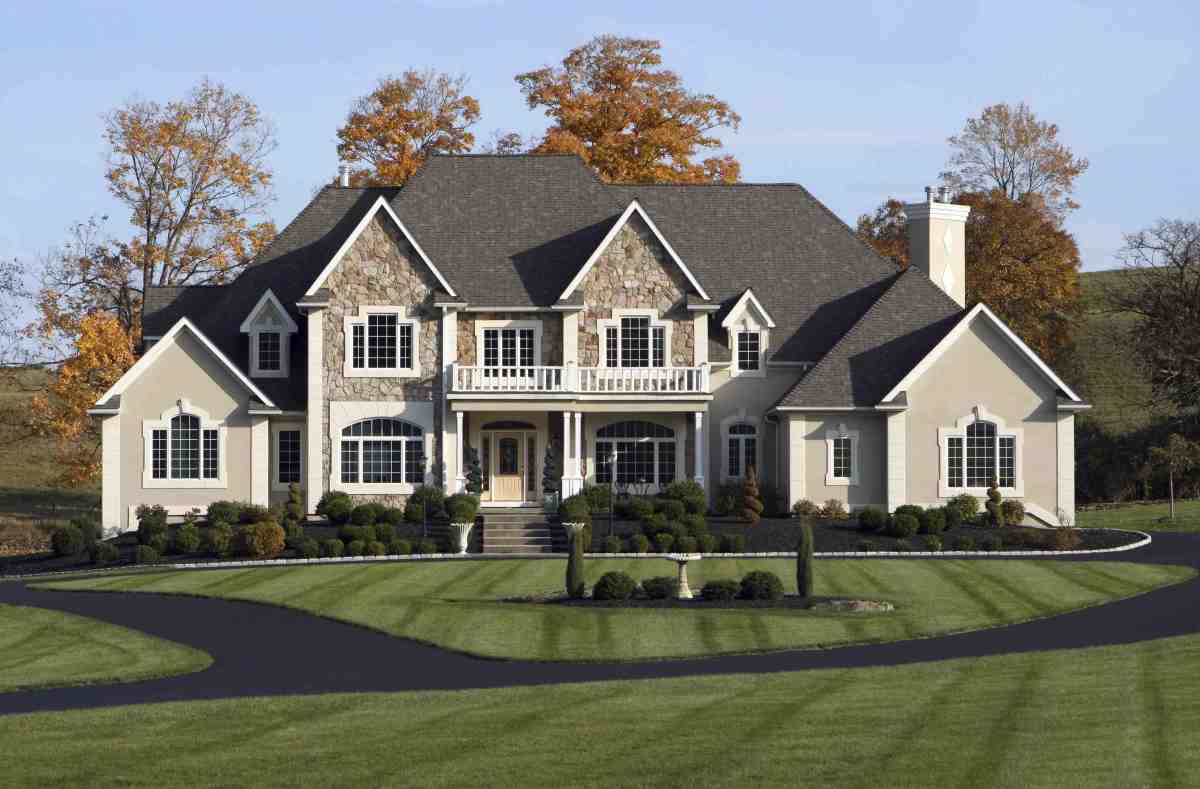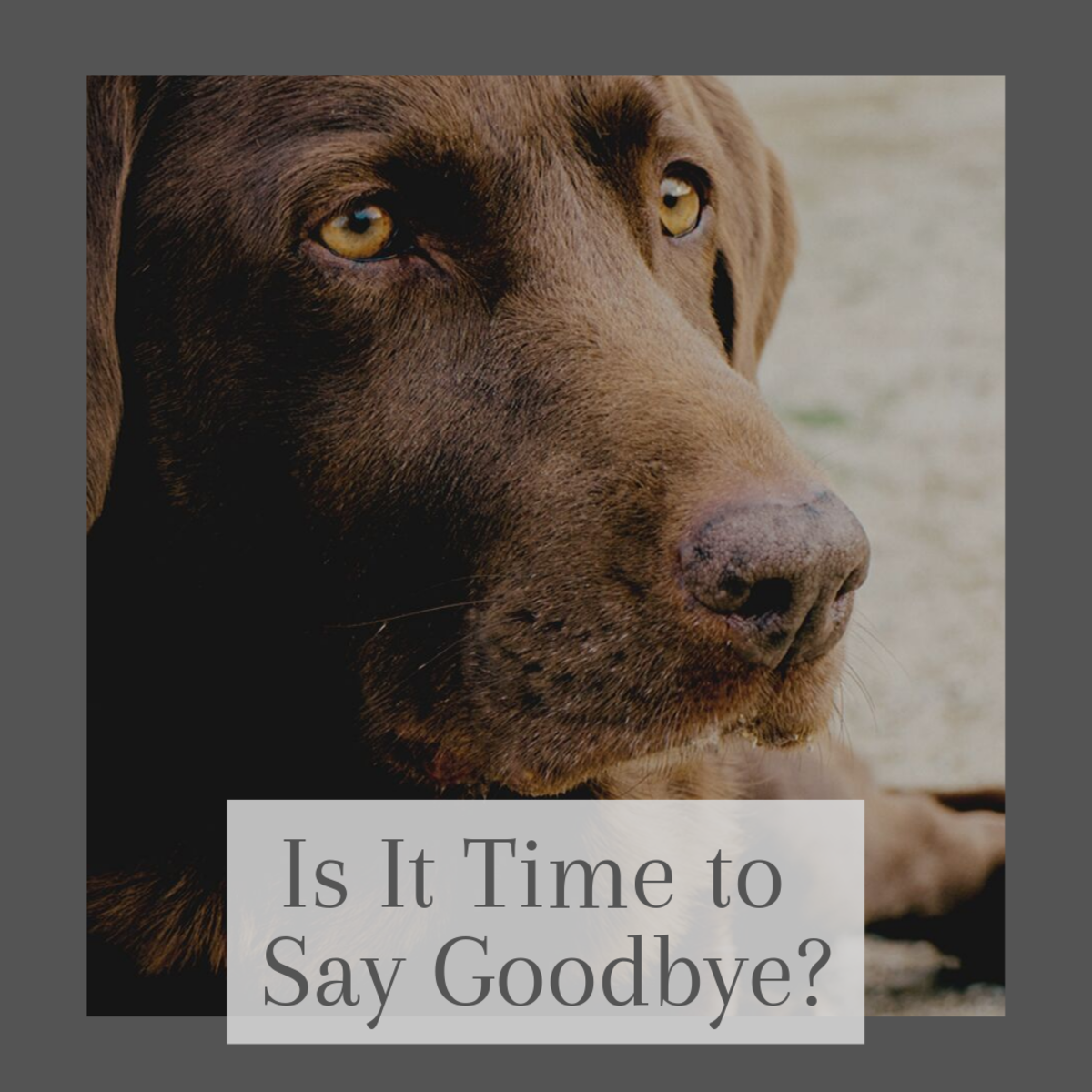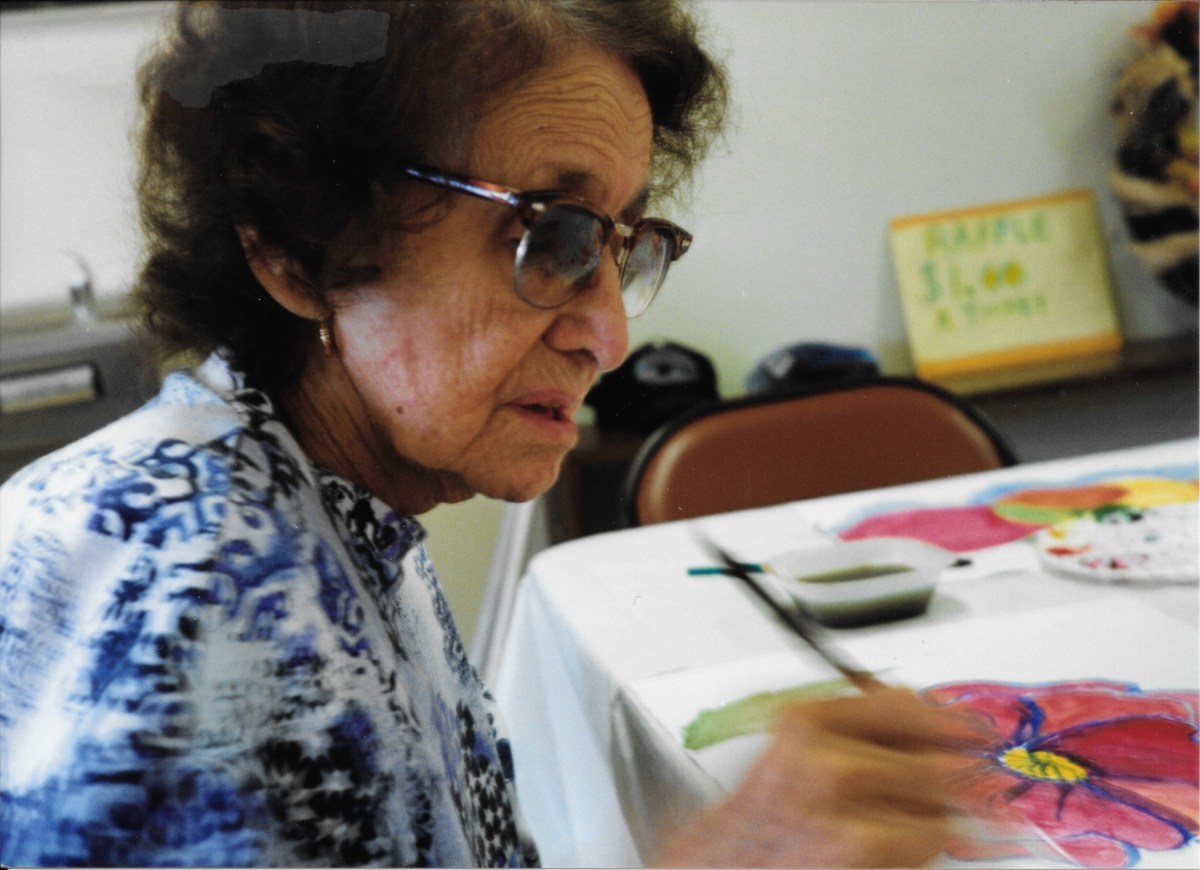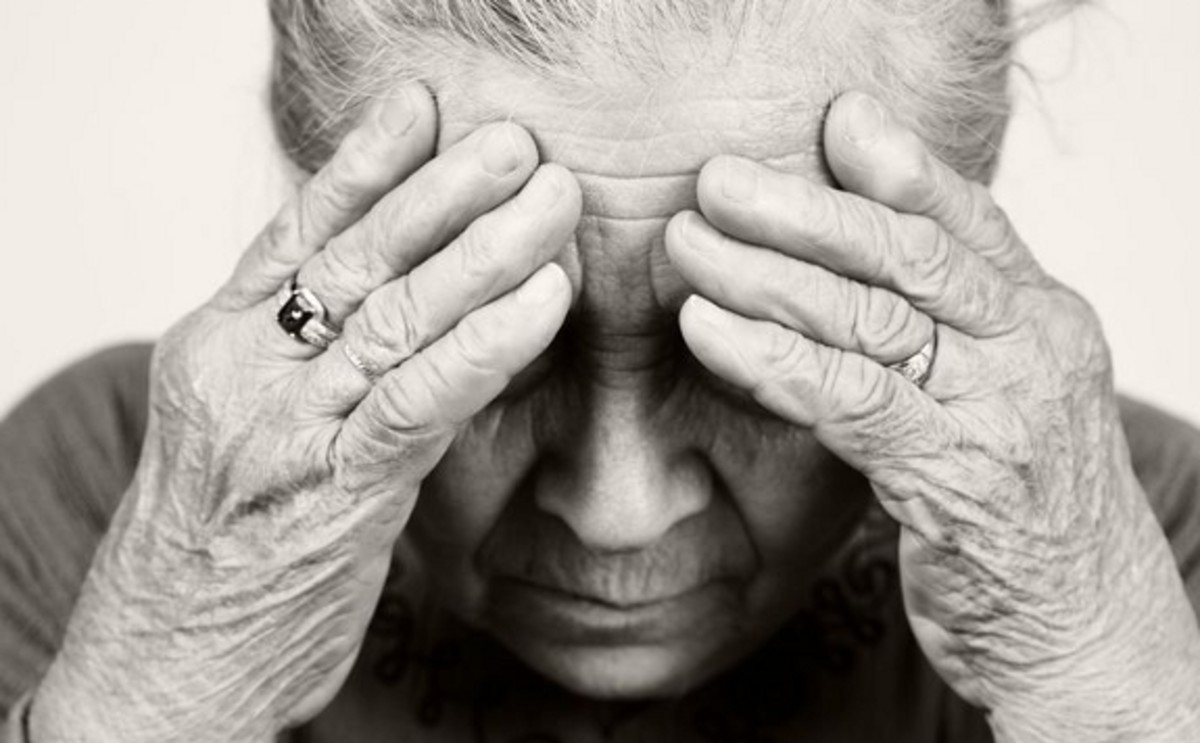The Changing Perception of Old Age In American Society
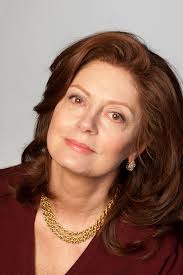
Old Age? How is OLD Defined
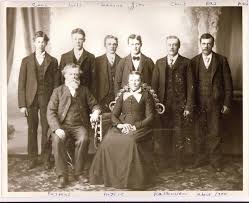
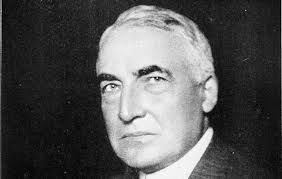
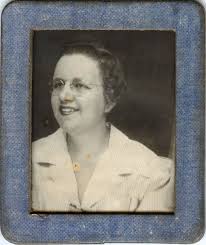
Attitudes Regarding Aging in the Early to Mid-20th Century
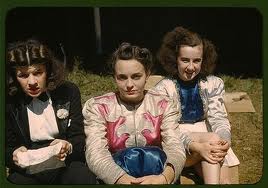
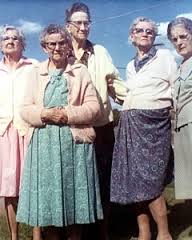
Old Age Has Got A............NEW Attitude
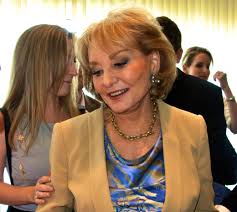
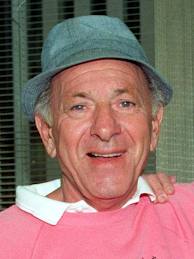
Old Age As It WAS Known Is Gone----Be With The NEW Paradigm or You're Nowhere, A Square
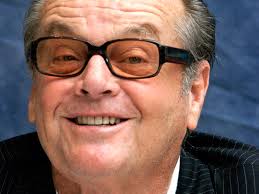
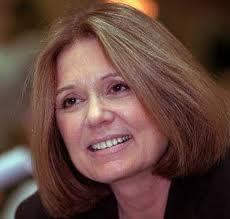
NEW, IMPROVED Old Age
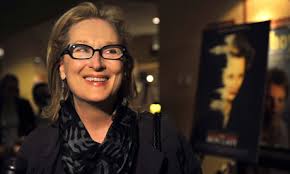
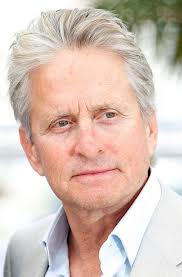


Old Age............What Is Old Age Anyway?
I. What Old Age Was in the PAST
Societal perceptions of old age in the United States has changed drastically throughout the century, especially decade-wise. In 1900, the median life expectancy was 46.3 years for men and 48.3 years for women. During the 1900s, a person from his/her mid-40s to 50 years of age was considered to be old because of the shorter life expectancy in this period.
From the period from 1900-20, the average life span increased from 46 to 56 years of age. Of course, there were variables relating to the age and life expectancy equation including issues of gender, race, health status, living conditions, and/or socioeconomic background. During this time span, a person was considered old if he/she was in his 50s and this categorization continued up until the 1930s.
In the 1940s, life expectancy was somewhat longer. Old age was now thought to be when a persons enter his/her 60s. In addition to the physical issues of age and aging, there was an surrounding how one should act when he/she approaches old age. There were marked differences in attitudes and/or mores among young, middle aged, and/or older people by the manner of dress, approach to life, music, and/or other related factors and/or variables.
II. Attitudes Toward Aging and Old Age in the Early to Mid-20th Century
From the 1900s to 1960s, American society had unwritten parameters regarding how each age period should act and/or appear. Young people were expected to be exploratory, wild, and/or carefree. Once people became middle aged, they were expected to mend their wilder, youthful ways and to be a full grown up. Middle aged people had the unspoken expectation that they must face up to the fact that they are becoming older and to put their youth behind them. In the earlier periods of this century, it was considered unacceptable for middle aged people to continue following their unfulfilled, youthful dreams and/or pursuing their unfulfilled, youthful aspirations. Such middle aged people were sternly admonished to realize that the better and/or best part of their lives are gone and that they should prepare for their future-old age.
If middle aged people in earlier periods of this century had strict admonitions regarding acting their age, imagine what older people had to endure. Once people became old in the eyes of society, they were expected to be quite resigned about life. Older//old peole were expected to lead a more circumspect and quieter life. They were taught what dreams and/or hopes they had were over. In other words, their best years were forever gone. They were constantly reminded to just concentrate on preparing for death and/or the afterlife. Old age in earlier eras was something to be feared, even dreaded, instead of being thought as just another stage in life.
III. NEW Attitudes Regarding Old Age in the Late 20th Century-Old Age is Becoming More Fun & B-U-S-Y
In the late 1970s throughout the 1990s, the definition of old age has changed dramatically, starting with the G.I. generation, the generation who fought and win World War II. This was the generation that changed the definition of old age. They refused to adhere to the old paradigm regarding old age as just reminiscing about their past triumphs, only anticipating and preparing for death. They were proponents of old age did not mean becoming passive, watching life pass them by. Even though they retired from the work world, they have not retired from life. They intended to be proactive participators in life, not mere spectators. They contend that they still have years left to do what they want with their lives.
Many members of the G.I. generation used their retirement as opportunities to travel, volunteer, continue their education,and/or pursue new areas of educational and/or intellectual interests. They insist that they were more than grandparents- they also had individual, exciting lives of their own. They staunchly maintained that although they were old, they will not settle or slow down.
IV. The Old Paradigm Regarding Old Age IS NO MORE, Old Age is COOL Daddio
From the period of the 1990s to 2007, the Silent generation approached old age. However, this generation views old age as simply the beginning of a newer and more exciting stage of life. They intend to continue doing some of the things they did in their more youthful days. To this generation, age is just a number, nothing more, nothing less. Many of them do not desire to retire as they still have much more to contribute in the work-place.
Those who do retire are using that opportunity to pursue other, mother exciting careers or new ventures. Some are volunteering in community activities in their particular towns, cities, and/or in other parts of the world. To them, the concept of old age is defined by sage-ing, not age-ing. They also view old age as further evolution into the ultimate person they will be. The Silent generation have taken the concept of old age to another new level. They intend to be just as active in their old age as they were in their youth and middle age, even more so!
V. Old Age Has NOW Been Kicked Up To Yet ANOTHER, NEWER Level- IT'S Not YOUR PARENTS' Old Age
Now there are the Baby Boomers. This is the generation whose mantra in the late 1960s and early 1970s was never trust anyone over 30. In 2008, the first Baby Boomers were either in their 60s or approaching their 60s. Societal perceptions of old age has really, really changed. Not so long ago, a 60 year old person was considered old. Currently, a 60 year old person in some circles is considered to be somewhat young or somewhere in middle age. Well, maybe late middle age. In 2012, the 60s are no longer seen as old but late middle age. Old is now considered by some as starting in the very late 60s, even early 70s and beyond.
Baby boomers are the most educated and/or affluent generation in American history. By their sheer volume of numbers, they have changed history during each period of their lives from childhood to now. Nothing was ever the same after the Baby Boomers influenced it. They revolutionized the perception of youth. They then revamped the concept of middle age.
Baby boomers are the most educated and affluent generation in American history. By their sheer volume of numbers, they have changed history during each phase of their lives from childhood to now. Nothing was ever the same after the Baby Boomers affected it. They revolutionized the perception of youth. Then they revamped the concept of middle age. Before Baby Boomers entered middle age, middle age was considered to be the end of youth and the beginning of old age. Now, middle age is just the continuation of youth.
As Baby Boomers revolutionized and changed the concept of youth and middle age, they will change the concept of being older. This was the first generation who had freer and/or wider options regarding lifestyle choices. They also had longer periods of adolescence and/or young adulthood than any previous generation in history. As a result of these increasing lifestyle options, Baby Boomers felt free to explore their youth and/or adulthood. Because of this exploration, they felt that it was unnecessary to relieve their youthful years. They have been there and done that so now it is time to evolve into the next phase of their lives.
Many Baby Boomers will continue to work, not retiring. They want to continue to make a contribution and to thrive in this society. They emphasize that by working, they will be vital not only in terms of contributing to society but also emotionally, mentally, and/or psychically. If they do elect to retire, many will reinvent themselves by establishing businesses and/or second, even third careers. They will not cease to thrive and create because they are old.
In addition to the abovementioned components, Baby Boomers also intend to be as physically fit and youthful as possible through preventive and/or constructive medical care, nutrition, and/or by other means. While previous generations of older/old people insist that they wish to be young, never old, Baby Boomers view the issue of old age as life's evolution. They do not wish to be young and do not associate being vibrant with being young. They argue that people can be older and still be quite delicious and alive. As more Baby Boomers enter old age, the concept of old age will be vastly different today than it was even a decade ago.
Conclusion
The definition of what is considered to be old age changes constantly from decade to decade and from one generation to another. What used to be considered old in one decade is now considered to be middle aged. Furthermore, as life expectancy increases then what the age of what is considered to be old now increases.
Being old is more than more chronological age.There are sociocultural perceptions of what is considered to be old. These perceptions vary from person to person and/or from subset of society to another. The issue of old age takes into account what attitudes, mores, and/or appearance people adopted according to sociocultural constructs. Ideas regarding age has changed from being resigned about life, thinking that the best years are totally gone to the concept that old age is just part of the continuing evolution of life, nothing more, nothing less. So based on all these components, there is really no static definition as to what old age is, it is forever changing and evolving.
© 2012 Grace Marguerite Williams


